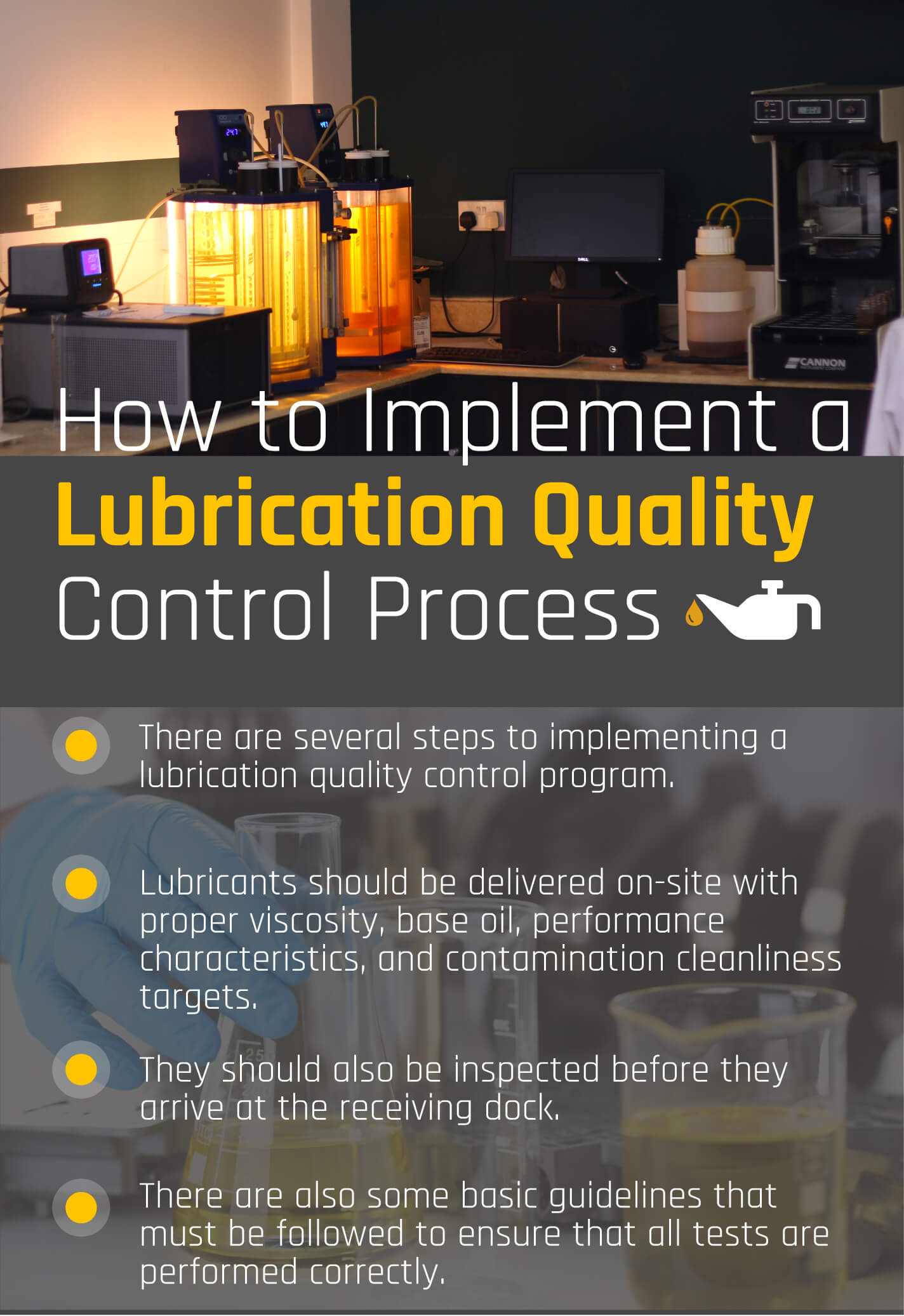Lubrication is a process that occurs in every industry. Lubricant quality control is the most important part of the lubrication system. Armor Lubricants manufactures premium automotive and industrial lubricants using advanced technology. It provides best-in-class lubricant services and trendy lubricants for modern vehicles.
In different applications, lubricants can have varying qualities. Some lubricants require higher temperatures for application, whereas others are designed for particular machines. Temperature changes or humidity levels may also affect a lubricant's performance. Companies should choose the right lubricant for their specific needs to avoid problems.
The lubrication quality control process is the most important part of the lubrication system. It ensures that all parts of the system are working properly and consistently, as well as ensuring that there are no leaks or contamination problems in any area.
Check for potential problems before they happen and maintain your equipment regularly to ensure proper lubricant quality control. This will help you identify problems before they compromise the system or cause damage. You might have a failed seal or gasket in one of your bearings if oil leaks from your engine when it hasn't been used recently. Find out how often certain components should be checked and maintained by an expert.
There are several types of lubrication quality control processes. The most common is the "in-process" inspection process, which includes visual and non-visual inspections to ensure that products meet specifications. This type of inspection is used in all major manufacturing processes including injection molding, extrusion, and die casting.
It's important that all components are working properly and any problems are identified as soon as possible.
An effective lubrication quality control program requires the following steps:
As part of the lubricant quality control process, quality control is important. Lubricants should be delivered on-site with proper viscosity, base oil, performance characteristics, and contamination cleanliness targets. They should also be inspected before they arrive at the receiving dock.
There are several steps to implementing a lubricant quality control program.
Armor Lubricants manufactures premium automotive and industrial lubricants using advanced technology. API (American Petroleum Institute) has certified it for ISO 9001, ISO 14001, and ISO 45001 standards. Today, the company provides best-in-class lubricant services and trendy lubricants for modern vehicles.
At Armor Lubricants, we offer a full line of lubricants for the lubrication and protection needs of your equipment. Each product is designed to meet specific requirements for temperature range, viscosity, and chemical stability. We also carry a complete line of Lubricant Additives that are used to enhance the performance characteristics or extend the life of your lubricants.
